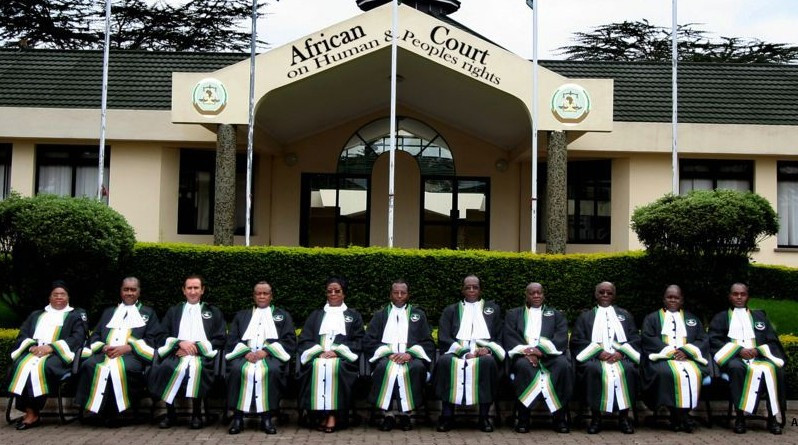Africa.com
22 January 2021
By Anneke Meerkotter
On 4 December 2020, the African Court on Human and Peoples’ Rights issued an Advisory Opinion which challenges the very notions which underpin our class-based societies. The African Court stated that there is no reasonable basis for a law which distinguishes between so-called ‘vagrants’ and the rest of the population based on their economic status. In theory, this is obvious. We are all human beings who ought to be treated equally. Yet, there are a significant number of countries in Africa that make it a crime to be unemployed and without a home or means of income. These laws further allow the arrest and detention of persons who did not engage in any criminal activity, in short, flagrant and long-standing abuse of the criminal ‘justice’ system. Not only do these vagrancy offences criminalise the status of being unemployed and homeless, but the crimes enable discriminatory treatment of marginalised persons who access public spaces and persons who seek to enforce their socio-economic rights. The African Court noted that “vagrancy laws, effectively, punish the poor and underprivileged” including persons who experience homelessness, persons with disabilities, gender-nonconforming persons, sex workers, hawkers, street vendors, and individuals who otherwise use public spaces to earn a living.
Read the full article here.


